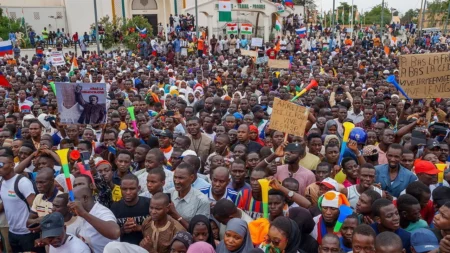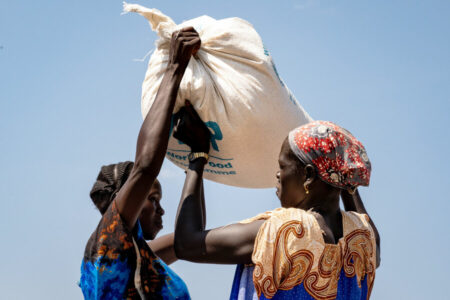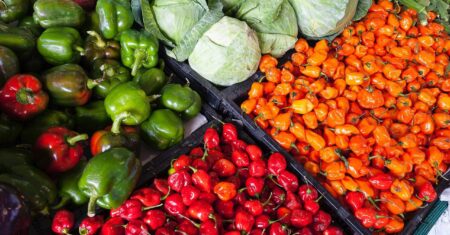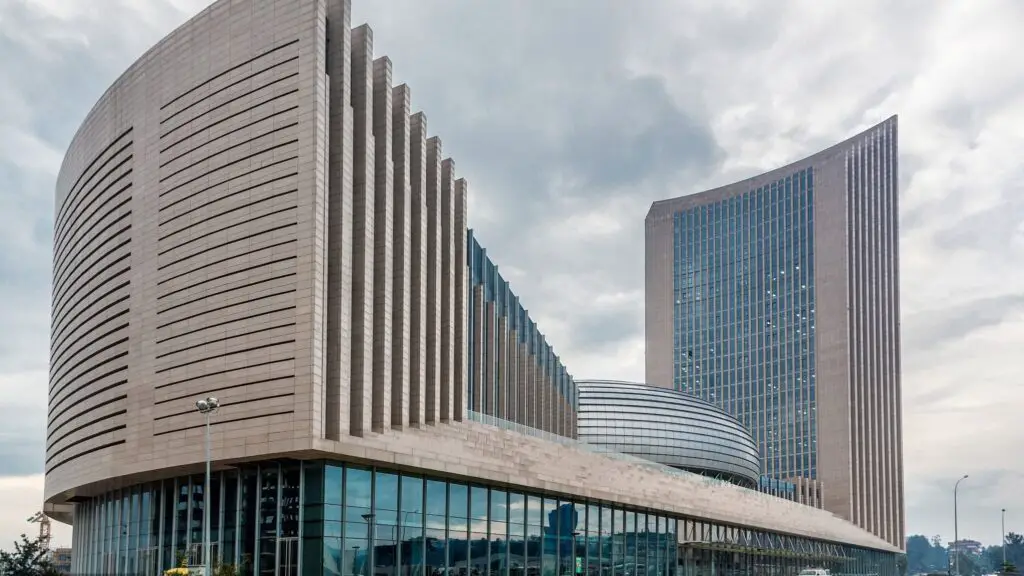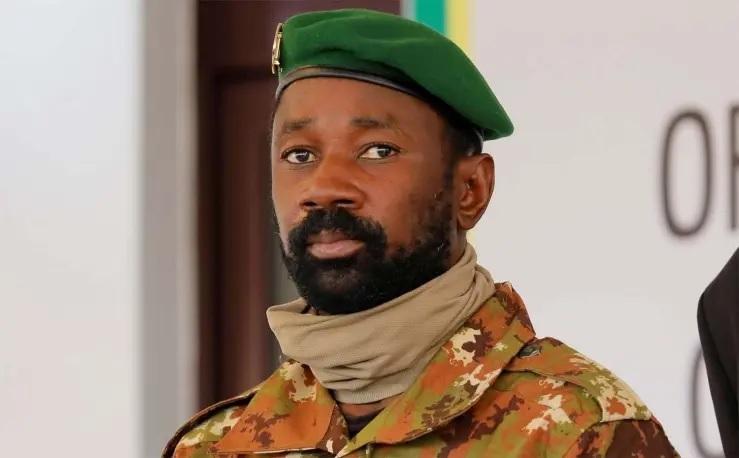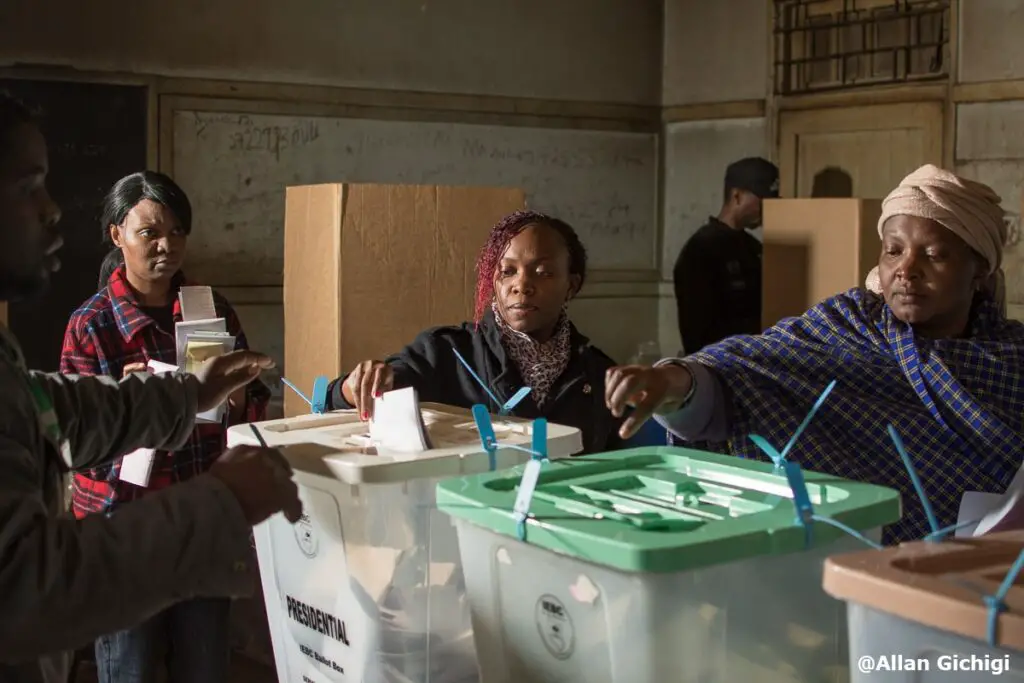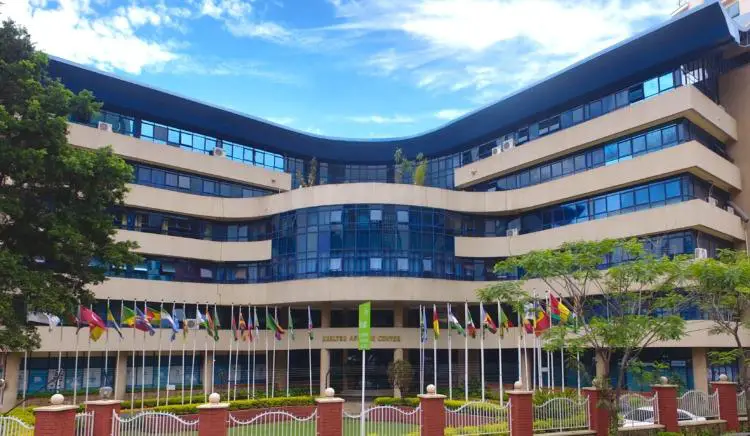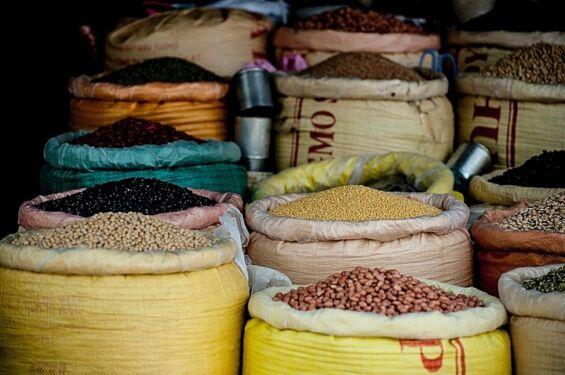- Africa’s new dawn: the rising role of digital and AI in agriculture
- Can Dangote Refinery Transform Africa Energy Ambition
- Gallup Survey: 80 per cent of Kenyan Workers Are Disengaged and Seek New Opportunities
- Madagascar Man Freed from 5KG Tumor After 15-Year Struggle
- How women in Africa are perceived and treated
- Sugar consumption in Kenya to Increase to 1.23 Million Tonnes
- Can Somalia and Turkey Oil deal Bring Change in Somaliland
- Remittances to Kenya dropped to $371.6 million in June, marking a six month low
Browsing: Mali
- Months after the Military takeover in Niger, the African Development Bank (AfDB) forecasts the country’s GDP to jump by 11.2 per cent in 2024, following growth of 4.3 per cent in 2023.
- Niger has removed its military support agreements with the French and the US, respectively.
- Niger becomes the third country, following Mali and Burkina Faso, to experience a military takeover.
Growth projections after the Military takeover in Niger
“Imperialist France”, “Down with France”, and “Chani (name of the Niger coup leader)” are a few energetic words chanted by the thousands of supporters and demonstrators who demanded the French troops leave Niger.
The latter reflects what is now referred to by the military regime as a people-led democracy. The question that then arises is; Could Africa be experiencing a withdrawal period from the grim historical chains of its colonial era, particularly the Francophone nations, Niger to be exact? (colburnschool.edu…
- Landlocked Mali, Niger and Burkina Faso lack direct access to the sea, presenting unique challenges in their future economic relationships.
- Nigeria’s imports from Niger have been on the rise, reaching $33.4 million in 2022 from $25.7 million in 2021.
- Mali witnessed a substantial surge in exports to Nigeria, posting 246% increase to $17.4 million in 2022.
In a seemingly synchronized turn of events, the West African nations of Niger, Mali, and Burkina Faso have declared their exit from the Economic Community of West African States (Ecowas).
This move announced in a joint statement on Sunday by the junta leaders of the three landlocked Sahel nations, cited their “sovereign decision” to sever ties with Ecowas without delay.
The decision by Mali, Niger, and Burkina Faso to withdraw from the Ecowas raises concerns about potential lost opportunities in trade with Nigeria, the largest economy in Africa, as well as with other countries …
- In West Africa, half of the 11.6 million individuals, who were set to receive food aid between June to August, will not get any support.
- Only about 6.2 million people will get support. They are mainly refugees, displaced individuals, malnourished children under the age of 5, pregnant and breastfeeding women, and girls.
- Populations at risk as spread across Burkina Faso, Chad, Central African Republic, Cameroon, Mali, Mauritania, Niger, and north-eastern Nigeria.
Millions of people grappling with West Africa’s hunger crisis will not receive emergency assistance between June and September due to limited funding. According to the World Food Programme (WFP), almost half of the 11.6 million individuals, who were set to receive food aid between June to August, will not get any assistance.
The shock revelation comes as WFP and authorities in the Sahel region struggle with the worst hunger crisis in 10 years.
Populations in Mali and Chad will …
According to the Central Bank of West African States (BCEAO), growth should accelerate in the WAEMU economic region in the medium term. The increased production in the tertiary and secondary sectors remains crucial. These sectors should benefit from controlling the current health crisis in the Union and the continued implementation of the NDPs.
Growth in the Union is expected to drop from 6 per cent in 2021 to 5.9 per cent in 2022 before settling at 7.2 per cent in 2023. The contribution to growth from the tertiary sector should stand at 3.5 per cent in 2023, up by 0.3 points compared to 2022. The contribution of the secondary sector should grow by 0.9 points between the two years to settle at 2.6 per cent in 2023.…
As usual, it is the scramble for Africa. This continues with the AU not condemning the anarchy by financiers of the chaos who are mostly not African.
Africa’s underground riches have for decades been driving a cabal of selfish dictators, in collaboration with their Western masters, to doing the unthinkable. Mali is the latest casualty.
Mali is rich in every sense.
The West African nation is the continent’s fourth-largest gold producer after Ghana, South Africa, and Sudan with the country’s natural resources industry dominated by gold. The country’s primary export is gold which accounted for more than 80 per cent of Mali’s total exports in 2020. …
The main objective of the bloc is to promote economic interdependence and cooperation among member states to raise the living standards and encourage economic development.
Exportation in Mali is already feeling the pressure of the political instability in the country. Exports reduced from CFA552.39 billion in the first quarter of 2021 to CFA495.87 billion in the second quarter.
Mali lists among the poorest nations in the world. According to the 2021 Index of Economic Freedom, absence of property protection rights and a transparent and honest judicial system, and the higher degree of corruption tolerance makes it impossible to achieve greater economic freedom in the country.…
For survival, businesses need to guard against the negative effect of the elections by geographically diversifying their revenue streams. Revenue streams from different sources could help balance fluctuations.
While not all businesses are able to this, there is the need to come up with plans to cushion their businesses.
In order to plan effectively, it is critical to first assess the threat at hand. Some firms, such as those that provide critical goods and services, may be less adversely affected than others. A company’s sales may actually grow during election time especially for those working in the printing sector since they can produce campaign materials like posters and t-shirts. …
African Ministers and Heads of Delegation of Ministries in charge of Housing and Urban Development, African Finance Ministers, the Directors and Management of Shelter Afrique, and representatives of international, regional and national institutions, the private sector and civil society, have agreed to enhance mechanisms for the mass production of decent and affordable housing in the continent to achieve social and economic development.
During a three-day summit at the 40th Annual General Assembly of shelter-Afrique that was held in Yaunde Cameroon, the participants resolved to address the challenges that have hindered the efforts to provide decent and affordable housing in Africa.
In a research concluded by the Shelter-Afrique, a pan African housing finance and development institution, shows that the overall shortage of housing in Africa is estimated at 56 million housing units with out of this, more than 90 per cent are in affordable housing bracket.
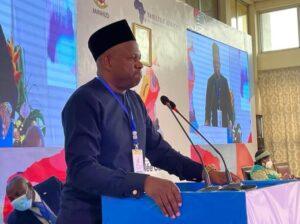
The Managing Director …
While Nigeria is the largest exporter for Sesame seeds, there’s still a lot of untapped potential of the lucrative export business this even as the seeds demand increases globally.
According to United states market based research report known as Hexa Research the Global sesame seeds market size is expected to hit $17.77 billion by 2025.
The fueling market demand was associated with its Increased application of the product as an anti-oxidant in various pharmaceutical formulations.
With the world production of Sesame seeds estimated to be 4. 8 million tonnes, ten [10] countries accounts for over 80% of it which includes Myanmar, India, China, Tanzania, Sudan, Ethiopia, Nigeria, Burkina Faso, Uganda, and Niger.
Africa, accounts for over 45 per cent of the crop, and in the last 10 years has become as a fast-growing supplier of sesame seed in the world market.
Of the Sesame seeds global production, over two million …





